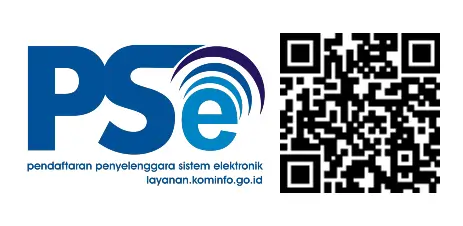Debunking Common Misconceptions About Foreign Investment in Indonesia
Indonesia stands out as a promising destination for foreign investors due to its abundant natural resources and favorable economic environment. The government’s efforts to streamline investment procedures through various laws and regulations have attracted a growing number of foreign businesses eyeing expansion in the country.
However, amidst the increasing interest in investing in Indonesia, there are several misconceptions surrounding the establishment of a Foreign Investment Company (PMA) that often lead to confusion. This article aims to clarify these misconceptions and shed light on the actual rules governing foreign investment in Indonesia.
Minimum Authorized Capital Requirement:
Many foreign investors believe that the minimum capital requirement for setting up a PMA in Indonesia is IDR 10 billion. While this is partially true, it’s essential to understand that this amount applies to each business sector categorized under the Indonesia Standard Industrial Classification (KBLI) with five-digit codes per project location. Exceptions exist for large trading companies and specific industries such as food and beverage services and construction, where the IDR 10 billion investment applies to certain conditions. Therefore, foreign investors should carefully assess the business sectors they intend to operate in and determine the applicable capital requirements.
Fulfillment of Investment Value:
There is a common misconception among foreign investors that the authorized capital stated in the Deed of Establishment fulfills the investment value requirement, as long as it meets the 25% threshold. However, Indonesian regulations stipulate that the total investment value as authorized capital must be fulfilled within one year from obtaining the business license. This means that foreign companies must initiate the process of fulfilling the total investment value shortly after receiving the license, beyond just including it in the initial capital declaration.
Dual Role of Directors and Commissioners:
Foreign investors sometimes assume that one person can simultaneously serve as both director and commissioner in a PMA company, similar to practices in other countries. However, Indonesian corporate laws mandate that directors and commissioners must be distinct individuals with different roles, responsibilities, and authorities. Commissioners oversee the directors’ compliance with legal provisions and company regulations, making it impractical for one person to hold both positions.
Work Permit Requirement for Foreign Directors and Commissioners:
Another misconception pertains to the necessity of a work permit for foreign directors and commissioners who do not reside in Indonesia. While some believe that only foreigners residing in Indonesia require a work permit, Indonesian regulations mandate that all foreign directors and commissioners of PMAs obtain a work permit. Exceptions exist for those who also hold shares in the company, exempting them from the work permit requirement, provided they meet the minimum share value.
In conclusion, navigating the process of establishing a foreign company in Indonesia requires careful consideration and adherence to the country’s regulations. Seeking guidance from experts and legal advisors can help investors avoid the pitfalls associated with common misconceptions, ensuring compliance and success in the Indonesian market.
Are You Still Confused About Foreign Investment?
CLICK THE BUTTON ON THE RIGHT TO ASK OUR TEAM.














































